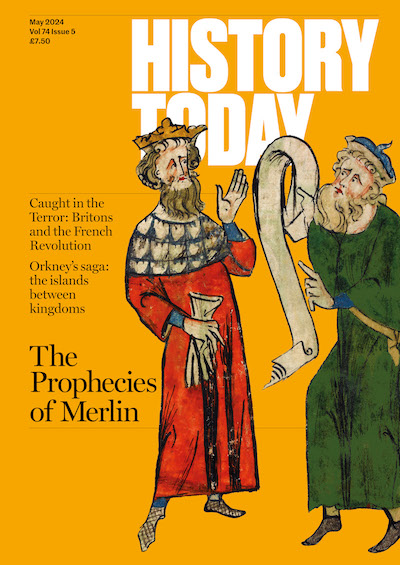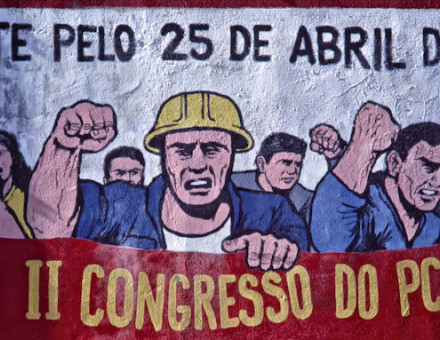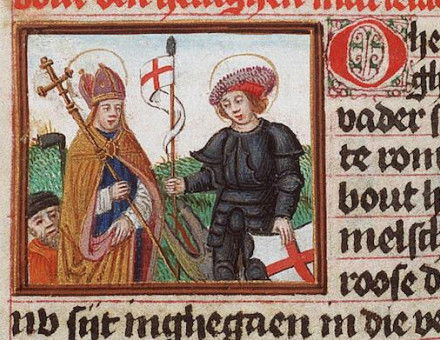The Cost of the English Civil War
D.H. Pennington examines an economic burden that the “poor oppressed people of England” believed no government could relieve them of.
“You called upon us to assist you, with plate, taxes, free-quarter, and our persons. And you promised us in the name of the Almighty to make us a free people.” Winstanley addressed his Appeal to the House of Commons in 1649, when the “burden of bad government,” under which “you of the gentry and we of the commonalty” had suffered alike, had by joint endeavours been overthrown.
But the “free people” had reason for bitterness. We have heard a lot lately both about the economic affairs of the gentry who made the war and about the democratic ideas that arose from the grievances of the men who fought it. Much less is known about the effects of the years of conflict on the prosperity and day-to-day problems of families below the lowest “gentry” level.





